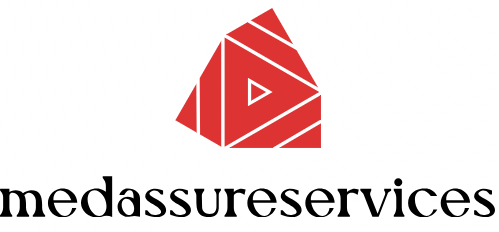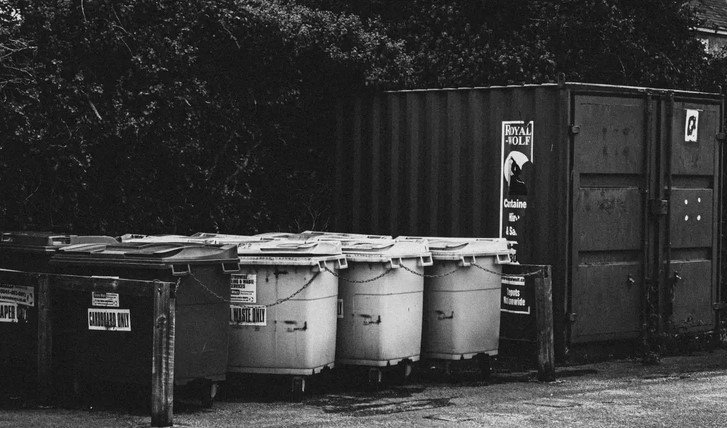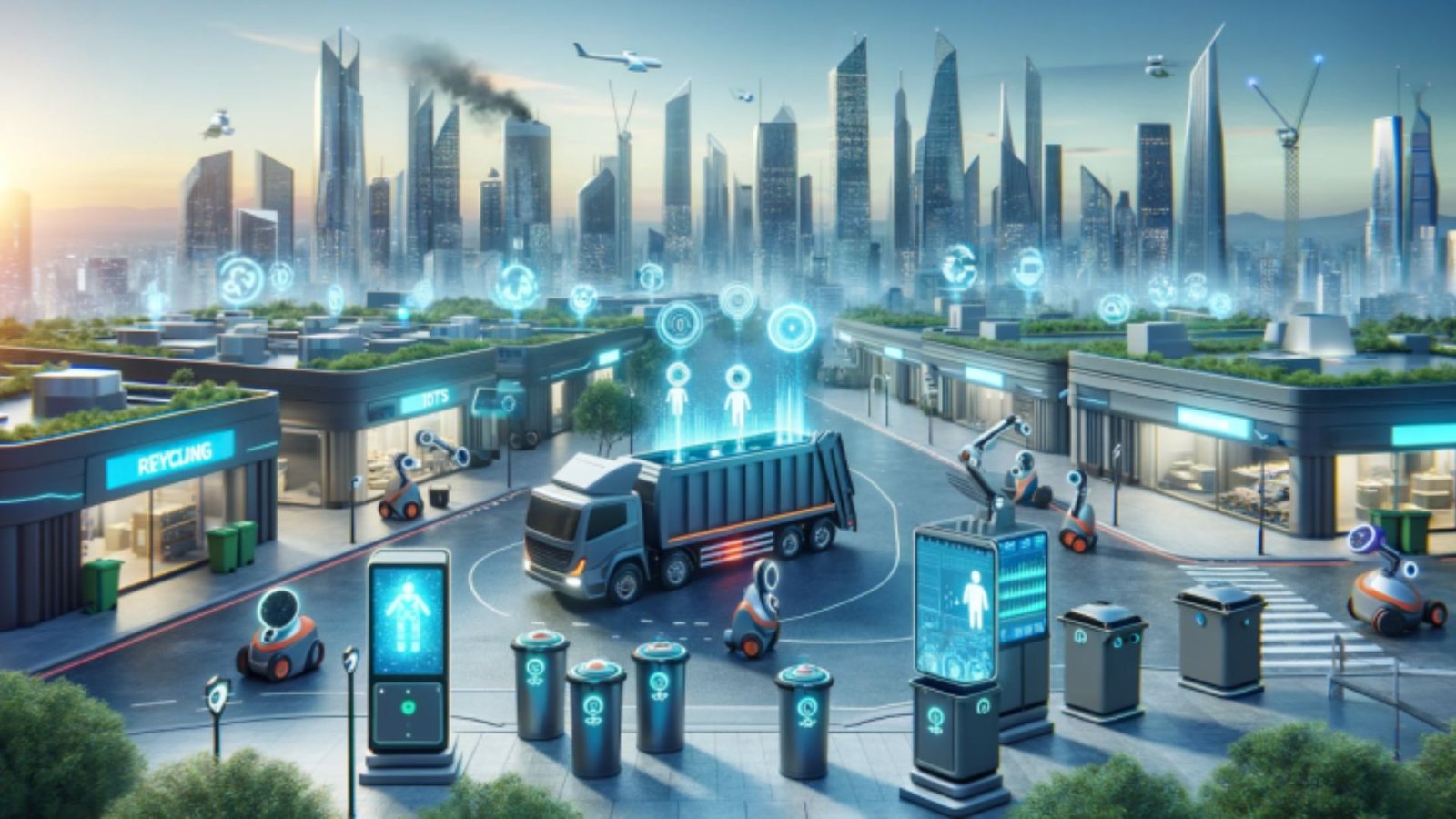Waste reduction and recycling efforts are being revolutionized by innovative apps that empower individuals and communities to make more sustainable choices. From tracking personal waste habits to offering local recycling guides, these apps are making it easier to reduce waste, recycle correctly, and promote eco-friendly practices. Let’s explore some of the most impactful waste reduction and recycling apps that are driving change in how we manage waste.

How Apps are Driving Waste Reduction
Innovative waste reduction apps help users monitor their consumption patterns, track the amount of waste they generate, and set personal goals for reducing their environmental impact. These apps encourage users to adopt sustainable habits, such as minimizing single-use plastics or reducing food waste. Many apps offer tips and reminders to help users stay on track with their waste reduction goals, turning sustainable living into an achievable daily practice.
1. JouleBug: Fun and Interactive Waste Reduction
JouleBug is an app that gamifies sustainable living by rewarding users for making eco-friendly choices. The app allows users to earn points for activities like reducing waste, recycling, and saving energy. Users can join challenges, compete with friends, and track their progress over time. By making sustainability fun and engaging, JouleBug helps users stay motivated in their waste reduction journey.
2. Too Good To Go: Fighting Food Waste
Food waste is a significant contributor to the global waste crisis, and Too Good To Go addresses this issue by connecting users with local businesses that have surplus food. The app allows users to purchase surplus food at a discounted price, preventing perfectly good meals from ending up in landfills. By rescuing food from being wasted, Too Good To Go helps both consumers and businesses contribute to waste reduction efforts while saving money.
3. OLIO: Sharing Leftover Food and More
OLIO is an innovative app that connects neighbors and local businesses to share surplus food and household items. Instead of throwing away leftovers or unused products, users can list them on OLIO for others in their community to collect. This app promotes a sharing economy and helps reduce food waste by ensuring that excess food is consumed rather than discarded. OLIO also offers features for sharing non-food items, further contributing to waste reduction.
Apps Making Recycling Easier
Recycling can be confusing, especially when different regions have varying rules and guidelines. However, several apps have stepped up to provide clarity and make recycling more accessible. These apps guide users on how to properly dispose of items, find nearby recycling centers, and stay informed about recycling programs in their area.
1. iRecycle: Comprehensive Recycling Guide
iRecycle is a recycling app that provides users with information on where and how to recycle a wide range of materials. The app offers detailed guidance on recycling everything from electronics to hazardous materials. Users can enter their location and find nearby recycling facilities for specific items. By offering a comprehensive recycling guide, iRecycle helps users make informed decisions and ensures that materials are properly disposed of.
2. RecycleNation: Location-Based Recycling Information
RecycleNation is another app designed to help users recycle more effectively. The app provides a searchable database of local recycling locations, allowing users to find places to recycle materials like paper, plastic, glass, and more. RecycleNation also offers tips on how to reduce waste and recycle correctly, helping users develop better recycling habits over time.
Educational Waste Reduction Apps
Some apps focus on educating users about waste reduction and recycling. These apps provide information on the environmental impact of waste, sustainable alternatives to everyday products, and the importance of recycling.
1. Litterati: Tackling Litter with Data
Litterati is a unique app that encourages users to clean up their communities while contributing to global waste reduction data. Users take photos of litter they collect and upload them to the app, which then tracks the types of waste being discarded. Litterati partners with local governments and organizations to identify litter patterns and create targeted waste reduction strategies. By combining community action with data collection, Litterati empowers users to make a tangible impact on reducing litter.
2. My Little Plastic Footprint: Reducing Plastic Use
My Little Plastic Footprint helps users reduce their plastic consumption by offering tips on sustainable alternatives and tracking progress in cutting down on single-use plastics. The app educates users on the environmental impact of plastic waste and helps them adopt more sustainable habits. With personalized challenges and actionable advice, My Little Plastic Footprint guides users toward a plastic-free lifestyle.
Conclusion
Innovative apps for waste reduction and recycling are making it easier for individuals and communities to embrace sustainable practices. Whether through reducing food waste, sharing surplus items, or learning to recycle properly, these apps offer practical tools for creating a more eco-friendly lifestyle. As these apps continue to evolve, they will play an even larger role in supporting global waste reduction efforts and promoting a circular economy.




